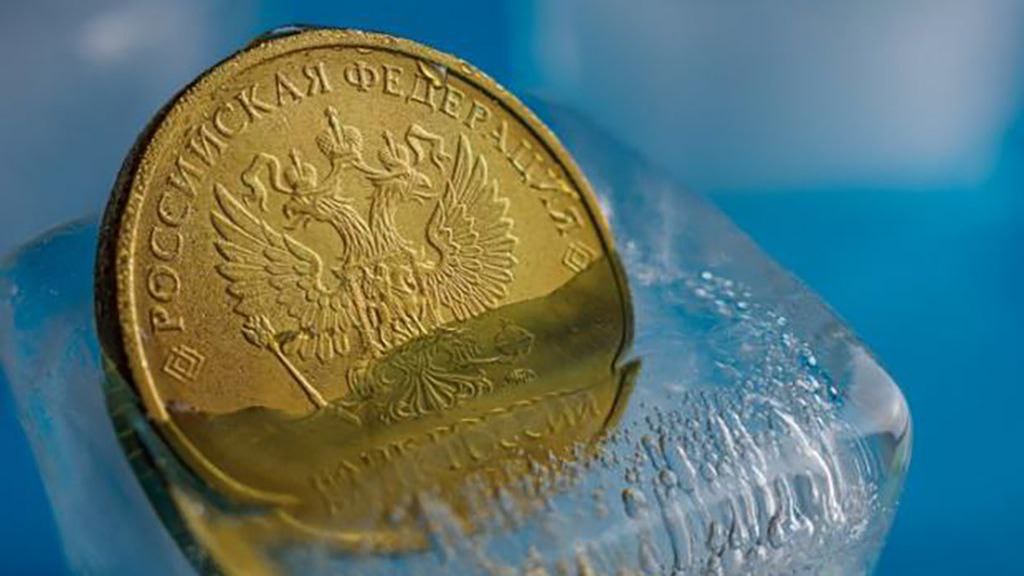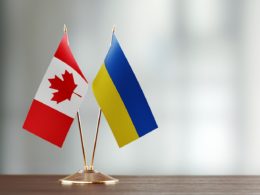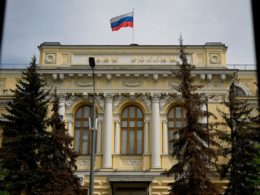- EU seeks to sidestep Hungary's veto in sending Russian frozen assets profits to Ukraine
- AP: G7 leaders agree to lend Ukraine billions in Russia's frozen assets
- EurActiv: Ukraine plans to use Russia's frozen assets to boost arms production
- $ 19 billion for Ukraine: US races October deadline on Russian assets
- Ukraine still awaits $ 50 billion from frozen Russian assets amid legal and political uncertainty
Canada has over $317 million in Russian assets frozen due to Ukraine invasion
Additionally, over 3,000 Russia-linked individuals and entities have been under the Canadian sanctions over the invasion of Ukraine.





